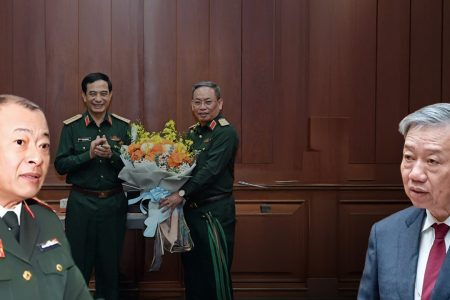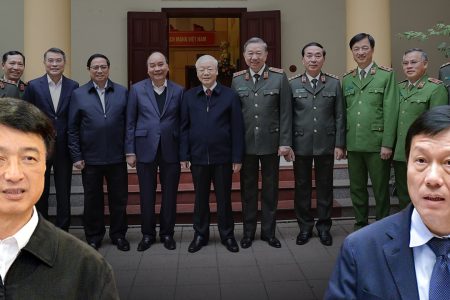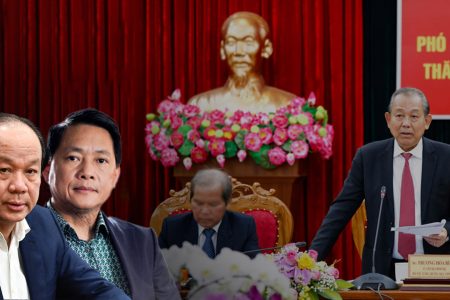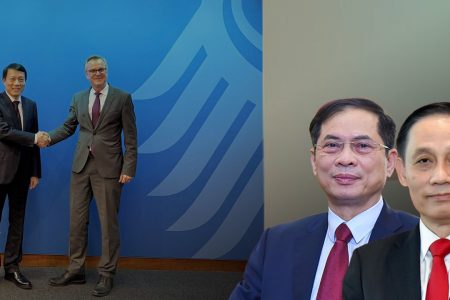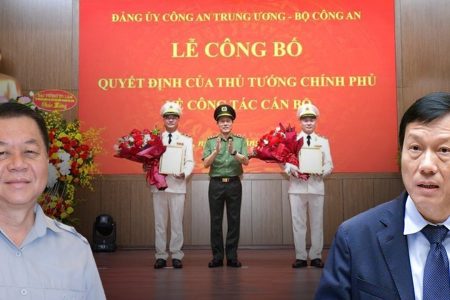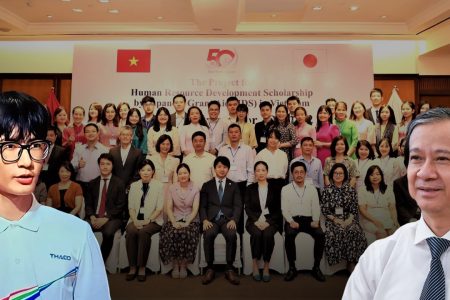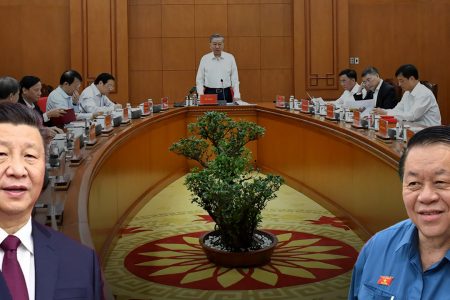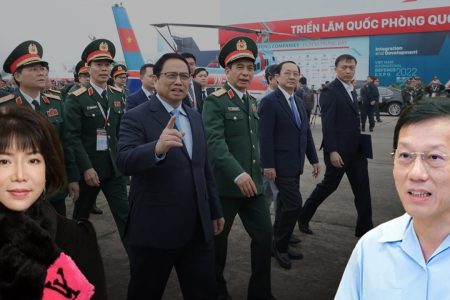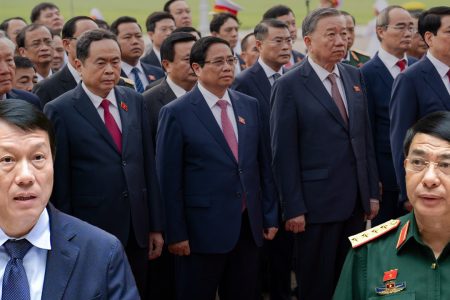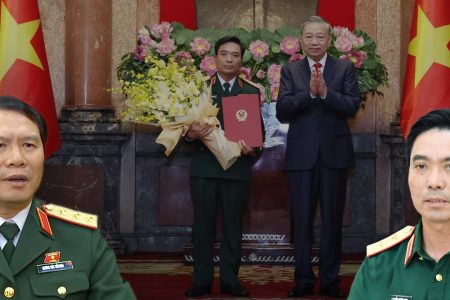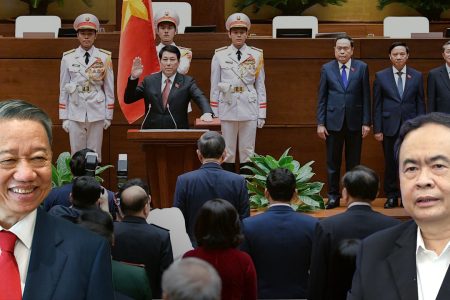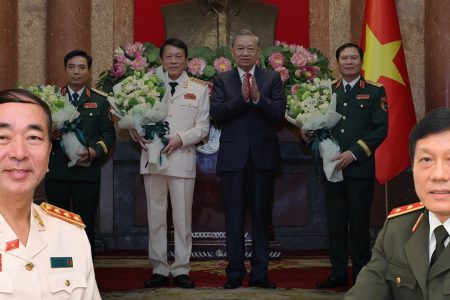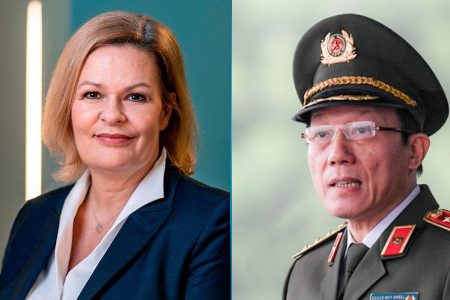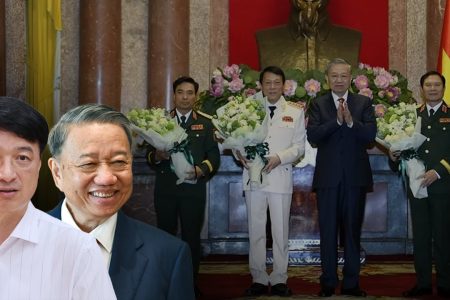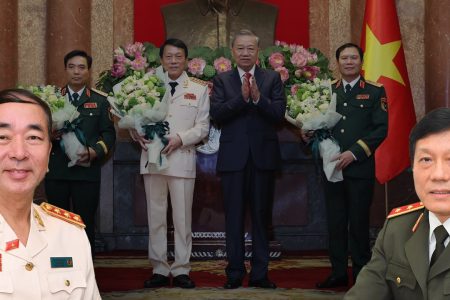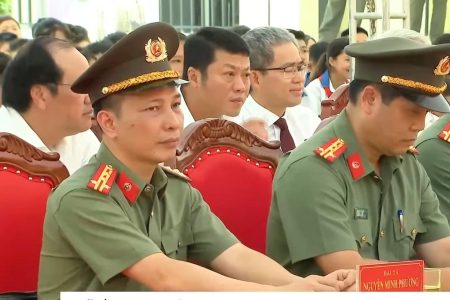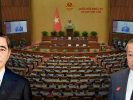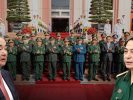
The work of preventing and combating corruption in Ho Chi Minh City has had interesting changes. That is, instead of propagandizing and campaigning to denounce corruption, the government has moved to spend money to “buy information” denouncing corruption from the people.
State media reported that the Standing Committee of the Ho Chi Minh City Party Committee has issued regulations on “buying information” from people to serve the work of preventing and combating corruption and negativity.
Thanh Nien newspaper on November 1 reported with the title, “Buying news to prevent and fight corruption“, saying that the Standing Party Committee of Ho Chi Minh City has issued regulations on buying news to serve the work of preventing and combating corruption and negativity.
This regulation clearly states that buying information is not a civil transaction, but a form of encouragement to serve the prevention of corruption and negativity. The total amount of money the information provider receives does not exceed the prescribed limit of VND10 million ($440) for a denunciation case.
People can send negative information to the Steering Committee for Anti-Corruption, or to members of the Steering Committee, including the City Party Committee’s Internal Affairs Commission.
This information is specifically regulated as denunciations and reflections on corrupt and negative behaviors of officials, party members, civil servants and public employees managed by the City Party Committee and People’s Committee.
The whistleblower can meet in person or send a document by post. Receiving information follows the principle of “single line,” directly, without going through intermediaries. The identity of the person who “sells” the information will be stored confidentially.
The information reflected will be verified by the Steering Committee and the level of payment will be determined, based on conclusions, resolution results and the level and nature of corrupt and negative acts.
The reaction of public opinion to this issue is that most people will not dare to report it for fear of retaliation. Corruption in Vietnam is systematic, and what can be done to ensure that, within the negative anti-corruption Steering Committee, there are no corrupt ones? Therefore, making a complaint is like bringing disaster upon yourself.
In Vietnam, there are all kinds of laws, such as: Law on Denunciation; The Law on Prevention of Corruption, etc., has provisions on denouncing violations of the law, as well as denouncing corrupt officials. Not to mention Directive 27 of the Secretariat and Conclusion No. 12 of the Politburo… both encourage people to denounce with a commitment to protect whistleblowers.
But, reality shows that the law in Vietnam is not respected and respected. Therefore, the government propagates and promises to protect whistleblowers, but in reality, there are many people who denounce corruption, and are then reprimanded.
For example, with evidence, former Police Captain Le Chi Thanh, for denouncing the negative corruption of the Supervisor of Thu Duc Prison, where Captain Thanh worked, and denouncing the corrupt behavior of the traffic police force on social networks… was prosecuted, arrested and sentenced to prison on charges of “Resisting people performing official duties” and the crime of “Abusing democratic freedom” according to Article 331 of the 2015 Criminal Code.
To the level of Director of the Anti-Corruption Department and Government Inspectorate, Mr. Pham Trong Dat, publicly spoke at the Conference summarizing 10 years of implementing the Anti-Corruption Law organized by the Ministry of Justice on March 4/ 2016, saying: “If we denounce them, we may die first!”
Lawyer Tran Quoc Thuan, former Deputy Head of the National Assembly Office, when commenting on this issue, said that the current mechanism to protect corruption whistleblowers in Vietnam is not clear. Specifically, according to lawyer Thuan:
“In Vietnam, there are laws for everything. Encouraging people to denounce negativity and corruption is not only regulated in documents, but also encouraged by Party and State leaders. The law also stipulates that whistleblowers are protected, but the problem is that the mechanism for protection is not very specific.”
Thoibao.de (Translated)



